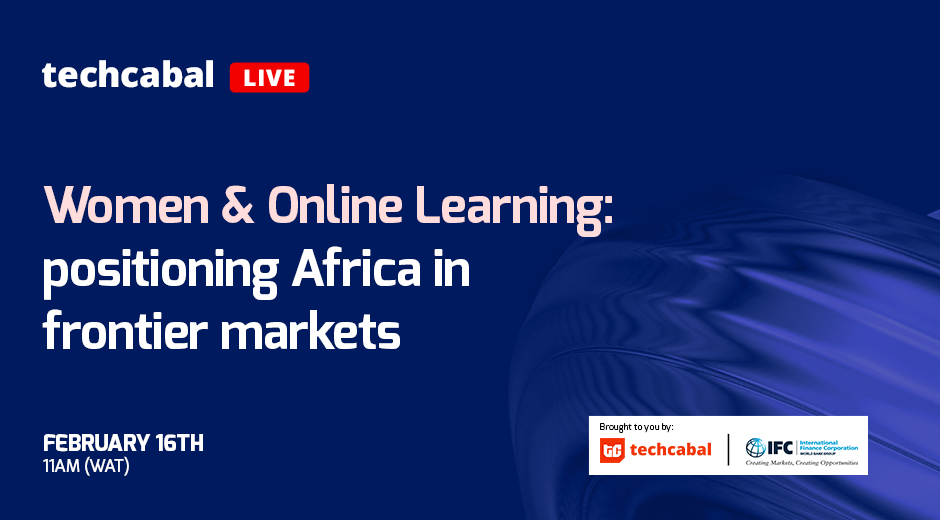The difficulty in accessing quality education has always been a bane to human capital development in emerging economies, especially in Sub-Saharan Africa. Women are mostly excluded from learning opportunities, especially post-secondary education. For instance, in Africa, only 9% of college-age learners continue from secondary to tertiary education (World Bank, 2021). However, as in many other sectors, digital applications to online learning could improve access to quality education by reducing the costs of learning and flexibility of learning.
Education technology (EdTech) firms focused on easing access to self-paced learning and skills development play a vital role in reaching underserved students, and helping companies and governments upskill their workforces. They were crucial to cushioning the disruptive impact of the COVID-19 pandemic, refugee dislocations and destabilising events. At the peak of the pandemic, the United Nations reported that almost 1.6 billion learners in more than 190 countries were affected by the closure of schools and learning space
According to projections, the EdTech market could reach $404 billion by 2025 (from $295 billion in 2022) and yet only represent 5.2% of the $7.8 trillion in expected education spending in 2025 (HolonIQ, 2021). This implies that there is still room for expansion as education technology will still be underpenetrated. The rapid adoption of digital tools across the educational ecosystem could add impetus to understanding how emerging technologies can best reach and benefit underserved learners.
A recent IFC report in partnership with Coursera and the European Commission sheds more light on how online learning can improve access to post-secondary education and increase job market opportunities for especially women learners around the world. The report analyzed global user data from Coursera and survey data in four (4) countries – Egypt, India, Mexico, and Nigeria – to show that only a third of learners on the Coursera platform in these countries are women. Women face heightened challenges to completing education and entering the labour Market.
A key finding in the report is that if participation gaps between women and men learners in emerging markets were bridged, the value of the online learning market could grow up to an additional $14 billion by 2026. For Nigeria, the report shows that women’s participation has been growing on the platform. Women entrepreneurs in Nigeria find great support from online learning: 70% of women who joined online learning with the goal of setting up and managing their own businesses reported achieving their goals, the highest of all the focus countries.
In a TC Live event on the 16th of February 2023, IFC invites you to join an interesting set of panellists and audiences from the private and public education sectors to discuss how to increase women’s participation in online learning and boost their opportunities in the labour market. You can sign up using this link: https://bit.ly/tclivefeb16
We are looking forward to an exciting conversation and Q&A session with you.


















